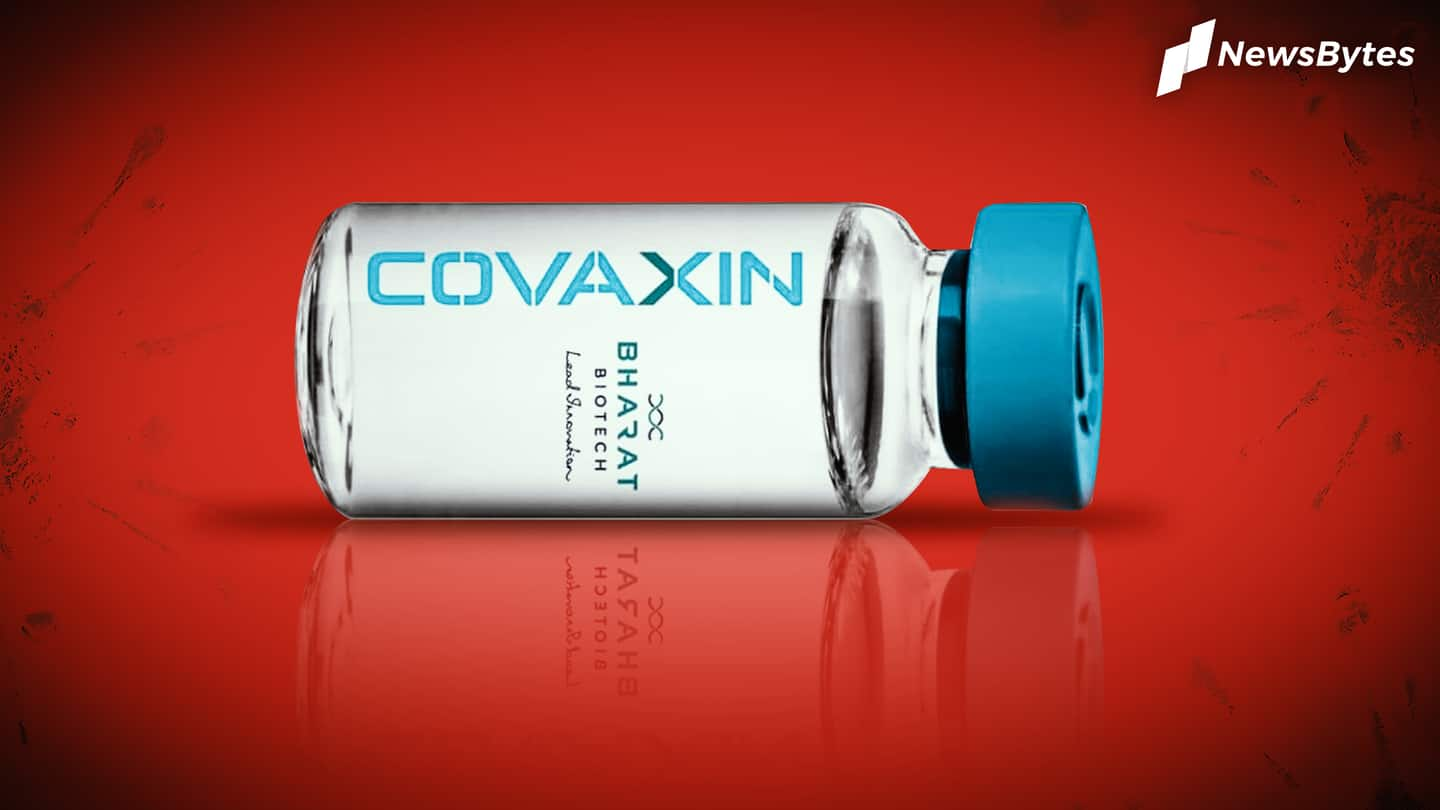
COVAXIN: India's COVID-19 vaccine found safe in early trial
What's the story
COVAXIN, the first indigenously developed COVID-19 vaccine from India, has proven to be safe in early human trials.
The data has not been published publicly but the principal investigators involved in the clinical Phase-1 study, currently being carried out across 12 sites, have confirmed that the shot did not create any issues.
Here is all you need to know about it.
Confirmation
Well-tolerated, with no adverse effects
Speaking to The Economic Times, the principal investigators of COVAXIN trials in Rohtak and Delhi stated that the preliminary data shows the shot is safe and well-tolerated.
"The vaccine is safe," Dr. Savita Verma, the in-charge of the trial at PGI Rohtak, said, adding that "We have not observed any adverse events in any of the volunteers at our site."
Information
Same is the case with AIIMS Delhi
Like Dr. Verma, Dr. Sanjay Rai from All India Institute of Medical Sciences in Delhi also claimed that the shot has been deemed safe at their site. The institute had started trials in mid-July and had enrolled 16 volunteers by last week.
Work
Samples being taken to judge efficacy
Both PIs added that they are in the process of administering the second dose of COVAXIN to the subjects and taking their blood samples to judge the effectiveness of the shot.
For determining efficacy, they will look for the presence of neutralizing antibodies required to fight off the virus in the blood samples.
If the immune response is detected, they will assess its quality.
Phase-2
Phase-2 likely to begin in September
Given that the patients have to be monitored, the Phase-1 trial is expected to continue by August-end, the investigators asserted.
After that, in September, it will go into the second phase, which will take a few months to complete.
If all goes according to the plan, one anonymous PI suggested, the vaccine should be available in the first half of 2021.
Plan
Bharat Biotech is behind COVAXIN
COVAXIN has been developed by Hyderabad-based Bharat Biotech through a strain of novel coronavirus isolated by ICMR's National Institute of Virology.
In Phase-1, it is being tested on as many as 375 participants, of which 100 have to be from AIIMS, while in the second phase 750 subjects will be vaccinated.
This will ultimately be followed by a much larger final phase.